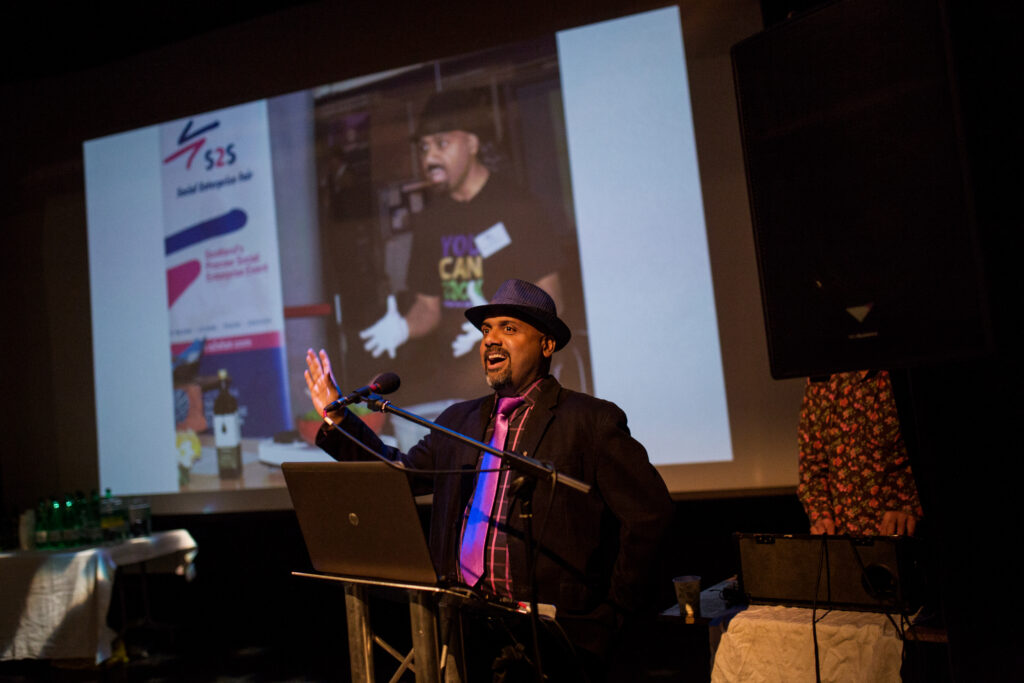
This week Bosco Santimano, founder and executive director of social enterprise You Can Cook, shares his thoughts on the threat of food shortages.
If you have been following the Brexit saga, you may have noticed a lot of fear mongering and scare stories about the supply and availability of fresh food after the March 29 deadline, following a no deal option.
How true are these statements? Will EU flights be cancelled? Will cross border computer systems stop working? Is the government secretly stockpiling essentials including medicines? Remember the millennium bug that was supposed to happen in the year 2000 and IT consultants and companies made a fortune by creating this scare in public and ignorant government ministers fell for it while pumping millions of taxpayers’ money to increase the profits of these companies! Nobody to date has been held accountable for what was basically a world-wide scam.
So! Coming back to food and Brexit. What’s the real situation on the ground and how likely it is for this scenario to happen? Let’s look at some basic figures and facts before we jump to any conclusions. More than half of this island’s food and feed for cattle comes from abroad, a fact that is disastrous for any country to depend on imports for feeding its population. In the first half of 2018 the UK imported £23bn worth of food! This data was collected from HM Revenue & Customs and broken down into countries and categories. £5bn of meat on British shelves comes from overseas including chicken, with Netherlands 43 per cent, Poland 17 per cent, and Ireland exporting 10 per cent to the UK. Britain also imported £425m worth of beef from Ireland and £171m worth of pork from Denmark.
During this period the UK imported over £5.4bn worth of fruits and vegetables with Spain being the largest exporter to the UK. This report has exposed the lies perpetuated by the Leave campaign that this tiny island can go back to its glory days of Queen and Empire! I do not wish to bore readers anymore with statistics but would rather focus on the human costs of this elitist misadventure.
At You Can Cook we focused our energies and expertise on empowering communities across Scotland to be self-reliant in producing its own food locally by providing support to set up cooking and growing projects that would impart skills and knowledge on what to grow and cook in Scotland. One way of cutting our dependency on exotic vegetables and fruits is by only buying local and eating seasonal fresh produce. This is not only cheaper and easily available but also healthy in the long run. The economics of scale is heavily pitted against small scale farming as governments look to always favour big corporations to supply the population with its food requirements.
Will there be an acute food shortage? There is one simple answer: No! There is too much at stake for the establishment to allow chaos to follow our exit from the EU without a deal. So relax and enjoy some fresh Scottish produce as we learn to grow and eat what’s available on this island.
*Originally written & published in the Peeblesshire News.

